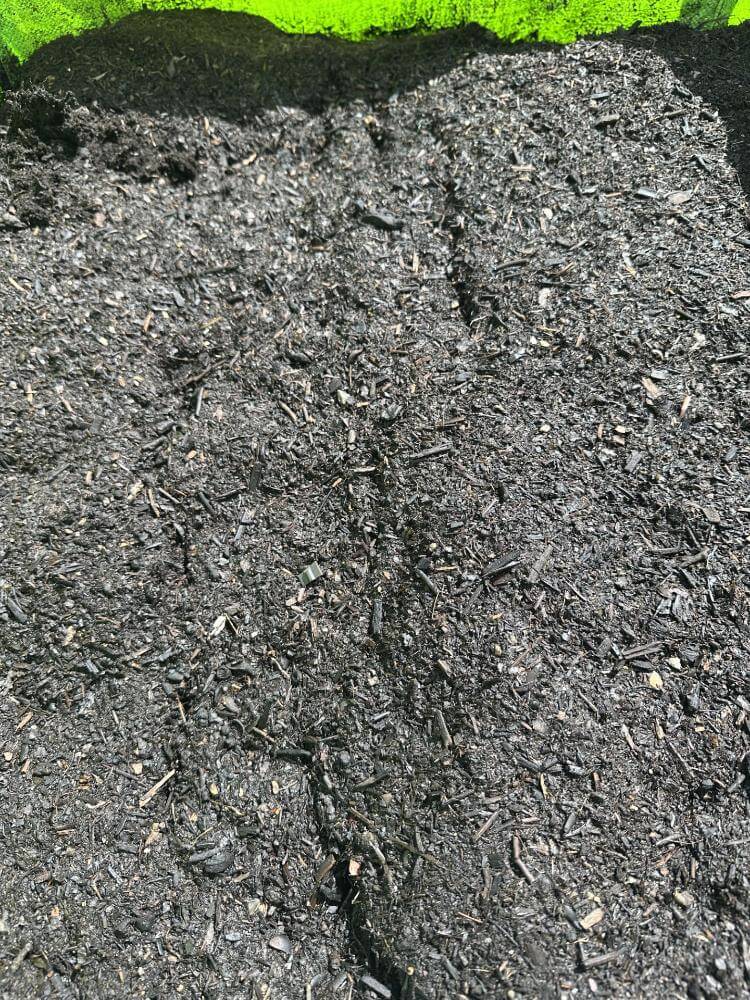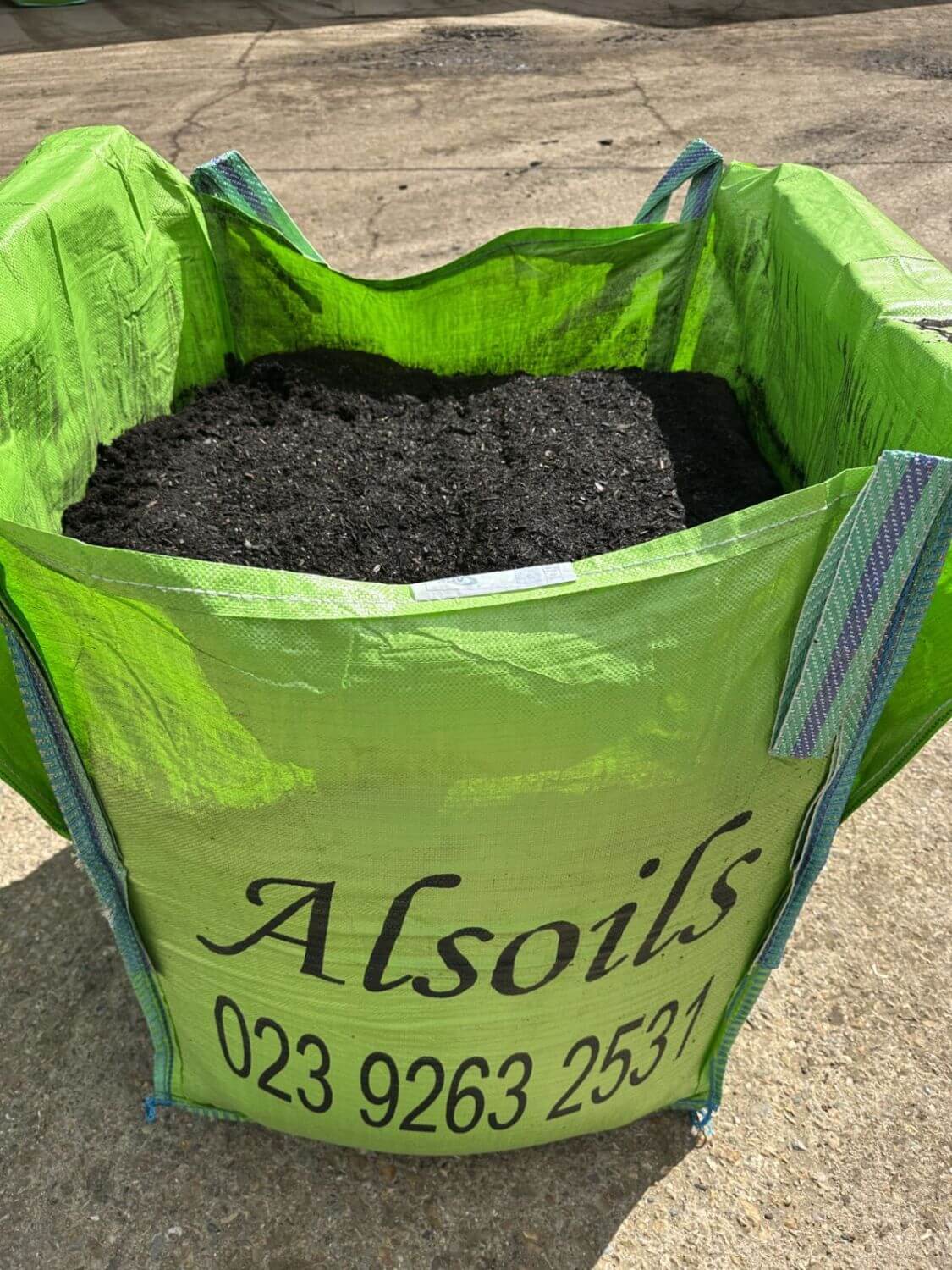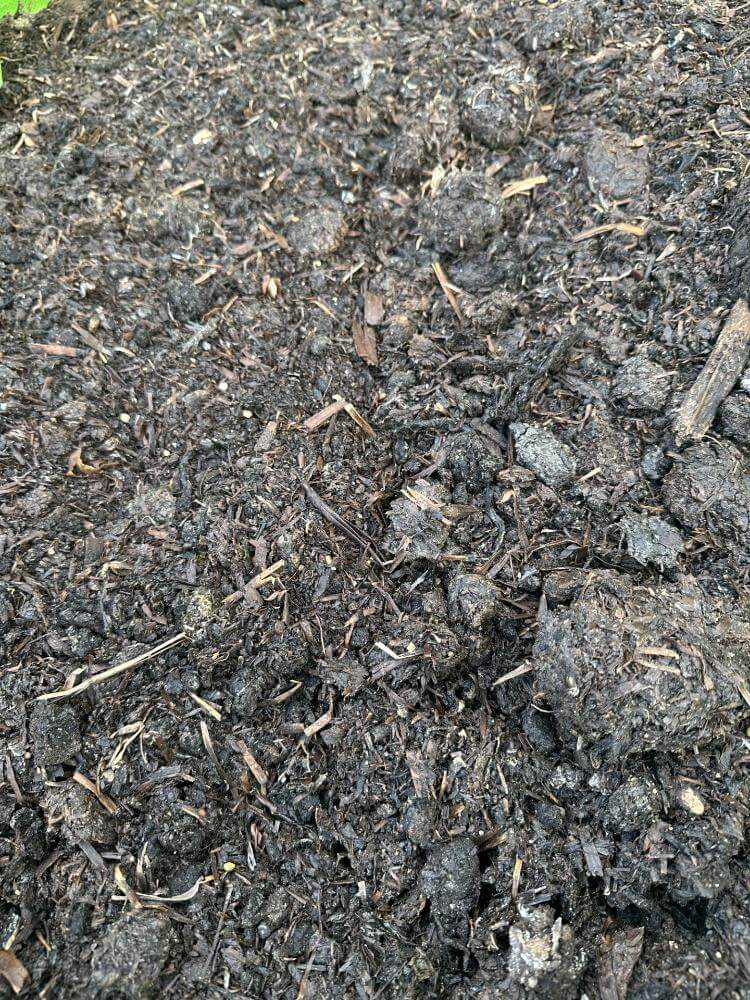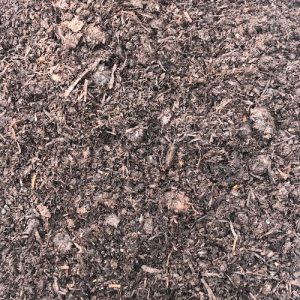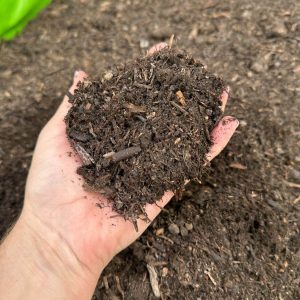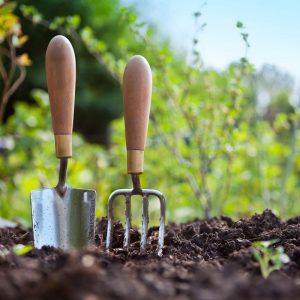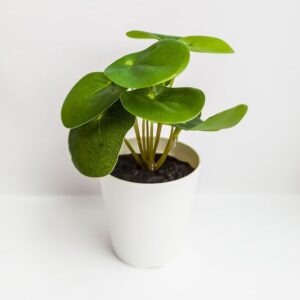Description
Our spent mushroom compost is a quality, economical soil conditioner that improves the structure of heavy clay soils which in turn helps drainage and adds humus, nutrients to thin sandy soils. This compost that has ingredients from a local mushroom farm, is the perfect addition to any garden or agricultural operation looking to improve soil quality and promote healthy plant growth.
All of our bulk bags are filled to the brim, so you can be sure that you get the best value for money and a good-quality product.
Details: pH Level: 6.5 -7, Organic Matter: 66%, Ammonia: 0.26%, Magnesium: 0.4%, Nitrate: 0.08%, Phosphorus: 0.6% and Potassium: 3.1%
Suitable for:Mulching, soil conditioning, vegetable growing, tree and shrub planting
Bag size: 0.75m³
Available in: Portsmouth, Southampton, Winchester, Chichester, Waterlooville and other towns and villages within Hampshire and West Sussex
Mushroom Compost FAQs
Is mushroom compost better than regular compost?
Spent mushroom compost is high in organic matter content which makes it a useful material for soil improvement and mulching – it can be better than regular compost for these.
What can I use mushroom compost for?
This type of compost is great for improving soil structure and water retention, as well general mulching.
Can you use too much mushroom compost?
Regular or heavy use of mushroom compost usually leads to a build-up of chalk particles in the garden soil and to increased soil alkalinity, which can negatively affect plants.
Where not to use mushroom compost?
We recommend not using mushroom compost in areas where you’re growing ericaceous plants like rhododendrons, camellias, azaleas and heathers. These plants thrive in acidic conditions and are sensitive to alkaline soil.
Applying mushroom compost to these plants might disturb the pH balance which is crucial for the well-being of plants that thrive in acidic environments.
Does mushroom compost suppress weeds?
Mushroom compost suppresses weeds as a mulch or soil amendment by forming a barrier against weed growth, blocking sunlight and hindering seed germination. Its nutrient content promotes plant growth that can outcompete weeds, improving weed control.
Can I use mushroom compost instead of soil?
Mushroom compost is a fantastic soil amendment that offers numerous benefits for plant growth, but using it as a complete replacement for soil is generally not recommended. Mushroom compost is rich in nutrients and organic matter, making it an excellent choice for improving soil fertility, enhancing water retention, and promoting healthy plant development.
Mixing mushroom compost with existing soil creates an optimal environment that benefits both components. This ensures your plants get the essential nutrients, moisture, and improved structure needed for healthy growth.
Is mushroom compost suitable for all types of plants?
Mushroom compost is suitable for various plants such as vegetables, annuals, perennials, roses and shrubs by enhancing soil fertility and plant health due to its nutrient-rich content and soil improvement qualities.
However, it’s not suitable for ericaceous plants like rhododendrons, camellias, azaleas, and heathers that prefer acidic conditions.
Can I use mushroom compost as a fertiliser?
Mushroom compost can be used as a slow-release fertiliser. Similar to other compost types, it gradually releases a variety of nutrients to plant roots as it breaks down. This characteristic makes it an effective choice for enriching the soil and enhancing overall plant/grass health by providing a steady and consistent nutrient supply over time.


